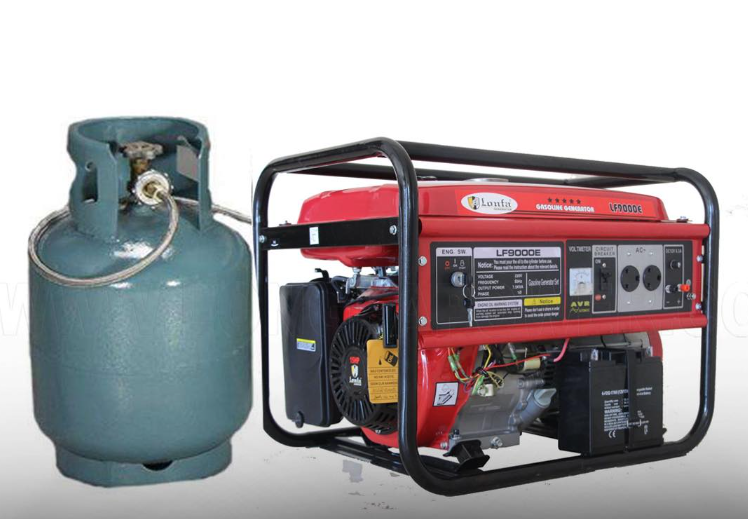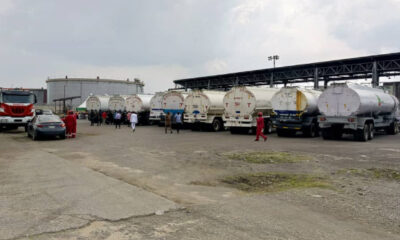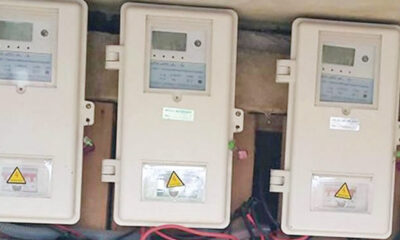Nigeria News
Subsidy removal: Dangers of converting power generators from petrol to gas

Converting power generators from petrol (gasoline) to gas (natural gas or propane) can offer some benefits, such as lower fuel costs, reduced emissions, and potentially longer engine life. However, there are certain dangers and considerations associated with this conversion process:
-
Safety Hazards: Converting generators from petrol to gas involves working with potentially dangerous fuel sources, pressurized gas lines, and sensitive components. If not done correctly, it can lead to gas leaks, fires, or explosions.
-
Incorrect Conversion Kits: Using improper or low-quality conversion kits can lead to subpar performance, increased emissions, and safety issues. It is essential to use conversion kits that are specifically designed and approved for the particular generator model.
-
Compatibility Issues: Not all generators are suitable for gas conversion, and attempting to convert an incompatible generator may result in severe damage or a non-functional unit.
-
Modifications to the Engine: The conversion process often requires adjustments to the engine’s fuel system and combustion parameters. These modifications may not be well-tolerated by all generators and can lead to reduced efficiency or even engine damage.
-
Warranty Void: Converting a generator from its original fuel type may void its manufacturer warranty. This means that any issues or damages that occur after the conversion may not be covered by the manufacturer.
-
Lack of Expertise: Converting a generator requires technical knowledge and expertise. Improper installation and adjustments can lead to poor performance, increased fuel consumption, and potential risks.
-
Regulatory Compliance: Some regions have strict regulations and codes related to fuel conversions and their safety standards. Failure to comply with these regulations can lead to legal issues and safety concerns.
-
Maintenance and Service: After conversion, the generator may require specialized maintenance and service to ensure optimal performance and safety. Finding technicians with the necessary expertise might be challenging.
-
Gas Supply and Storage: Switching to gas requires a reliable and continuous supply of the chosen fuel, whether natural gas or propane. Proper storage facilities and safety protocols are necessary for handling gas supplies.
Before considering a conversion, it is essential to consult with a professional technician or the generator manufacturer to assess the feasibility, safety, and potential risks associated with the specific generator model. In some cases, it may be more practical and safer to invest in a generator that is already designed to run on the desired fuel type rather than attempting a conversion.






















